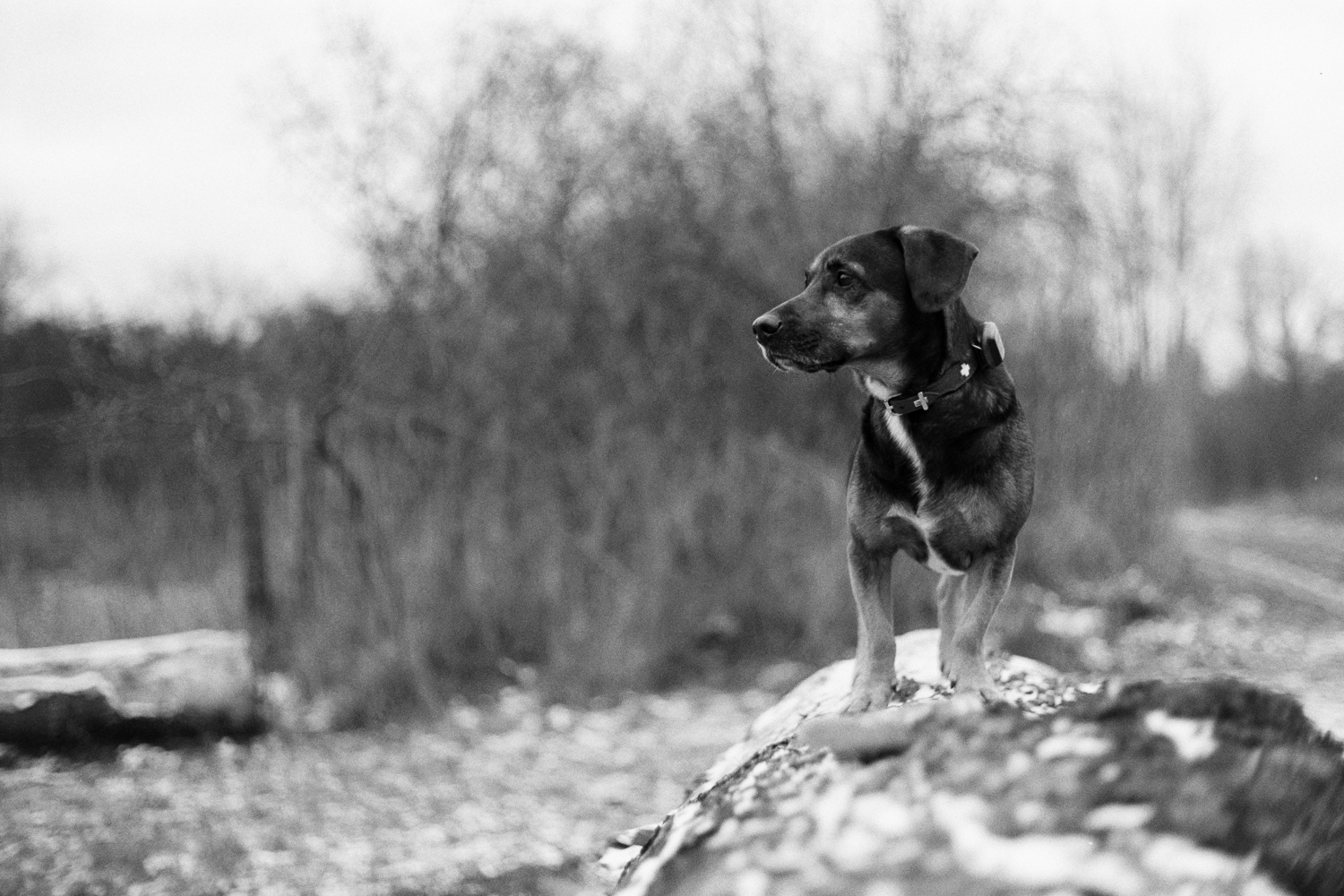I own many examples of the Canon 50mm f1.8 lens in both early chrome and the later two tone ones and they have all worked fine on my M Leicas and Barnacks, no focus problems at all.
...The J-3 problem is many need to be adjusted because the FL is slightly different than the Leica standard and the FSU lens needs to be carefully collimated to properly function on a camera of the Leica standard of 51.6mm and shimmed (or unshimmed) to get good focus via the RF when the lens is used at the larger aperture like f1.5
Some Sonnar design fast lenses like the J-3 ( and even some Gauss design ) can suffer from focus shift and that has to be compensated for, but the Canon 50 mm f1.8 lens was always free of focus shift in my experience with them. *(the 50mm f1.8 Canon lens is not of a Sonnar design)



























